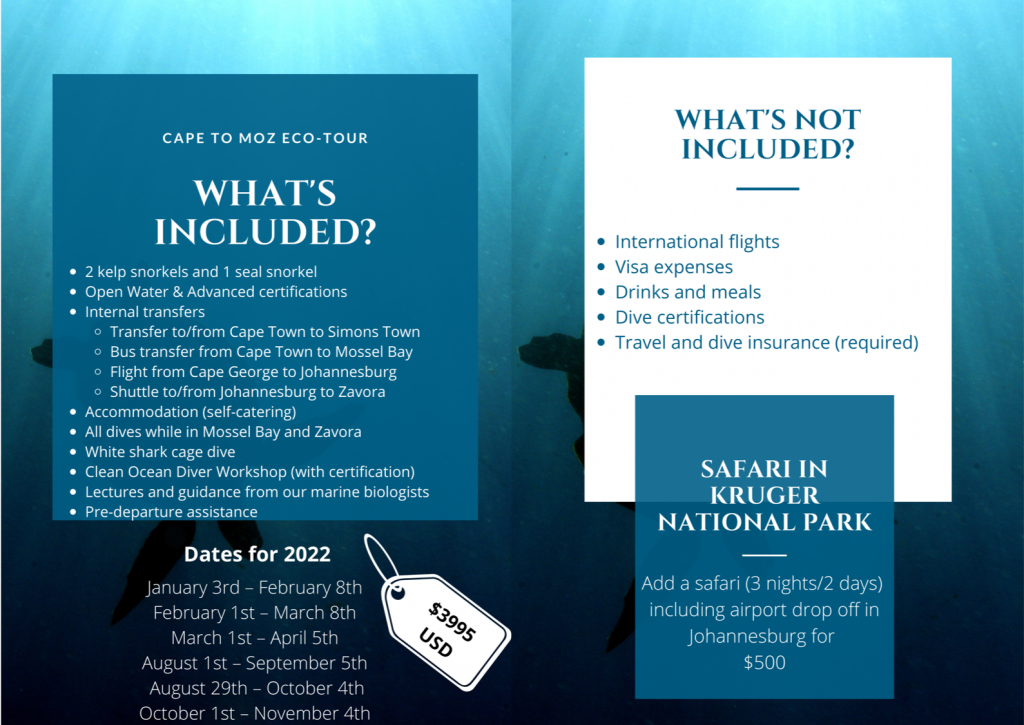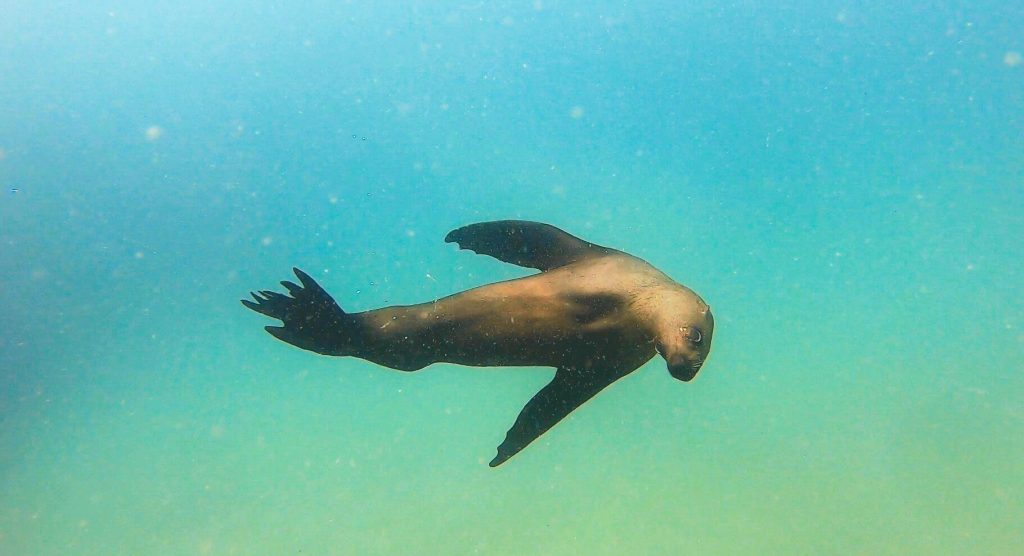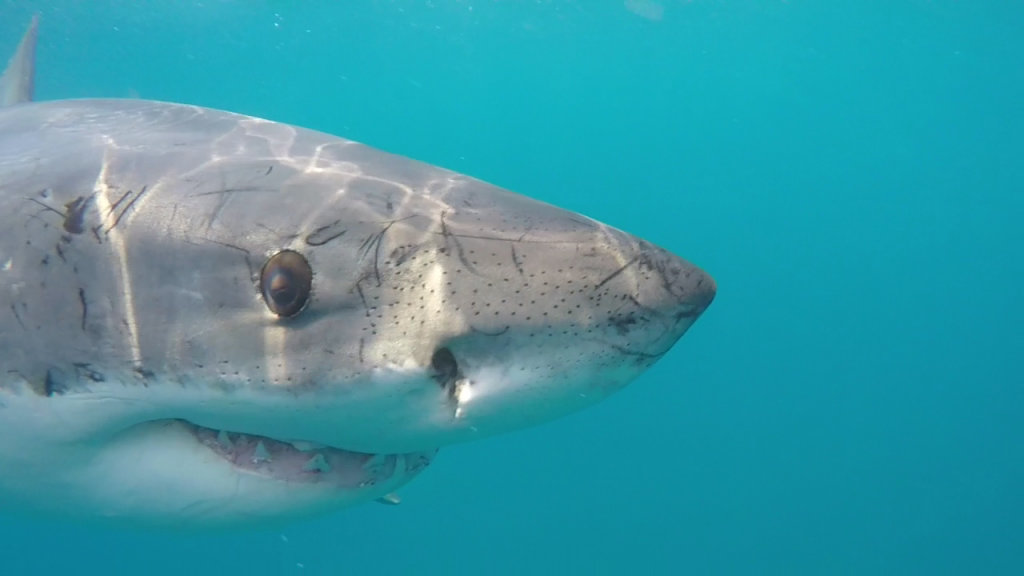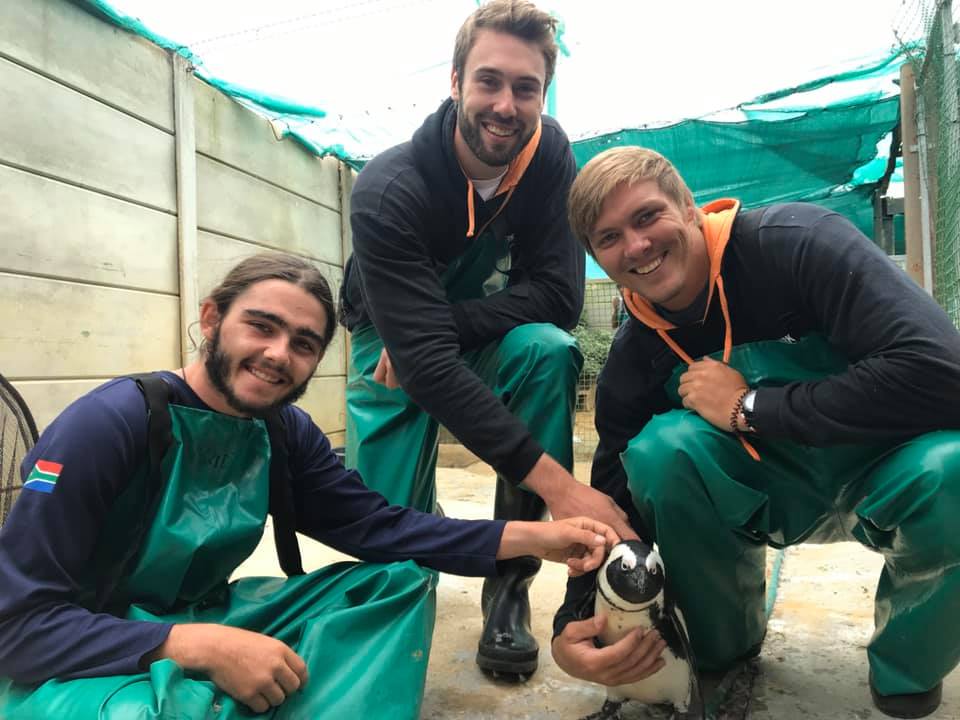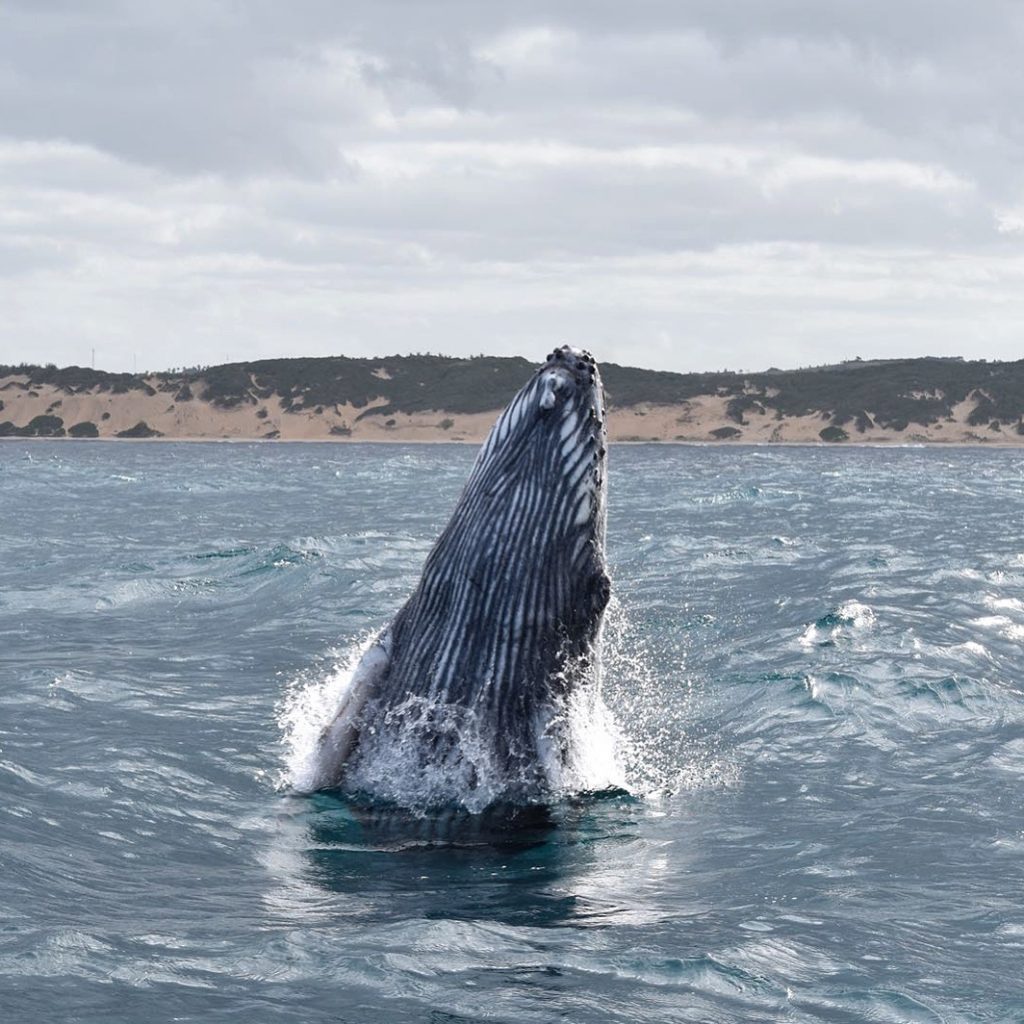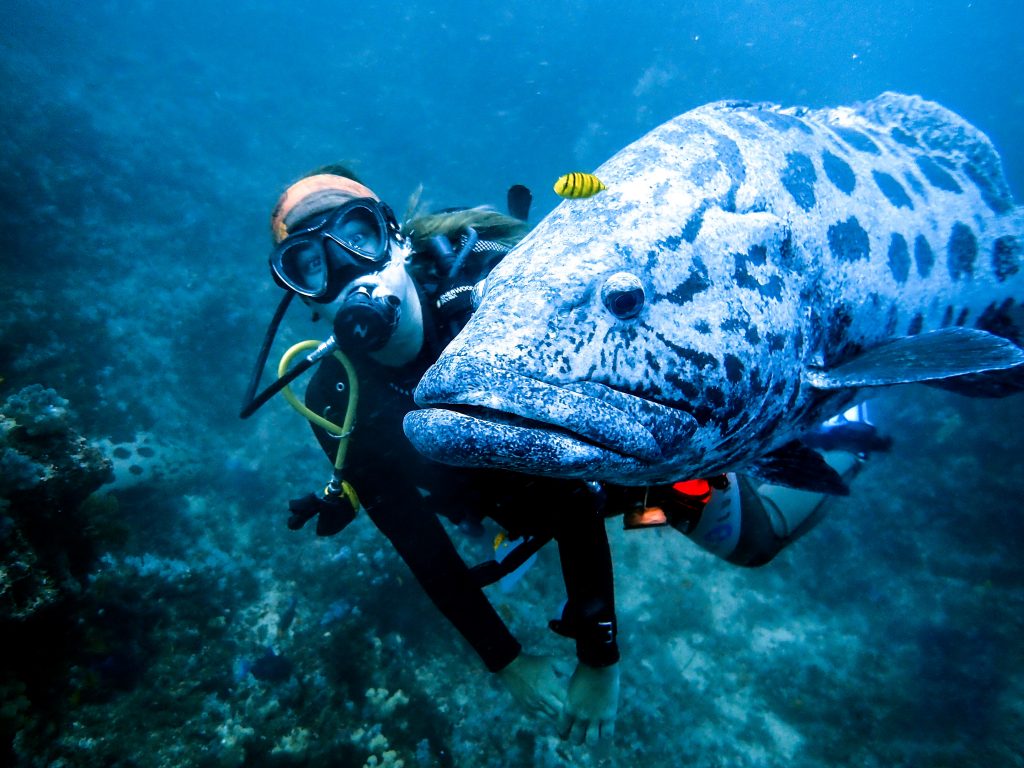This expedition is jam packed and full of adventure! This trip is designed for adventure conservationists and naturalists that may not have a science background. However, those with science backgrounds are welcome too! Start your journey in Cape Town snorkeling in the kelp forest and helping out with Cape RADD’s citizen science projects. After 4 days in Cape Town, you will head to Mossel Bay for 2 weeks to obtain your NAUI Open Water and Advanced Open Water diving certifications. Already certified? That’s fine too! There’s plenty other diving and learning to be done. After your time in Mossel Bay, you will head up to our base in Zavora, Mozambique for some warmer water diving and a change of scenery!
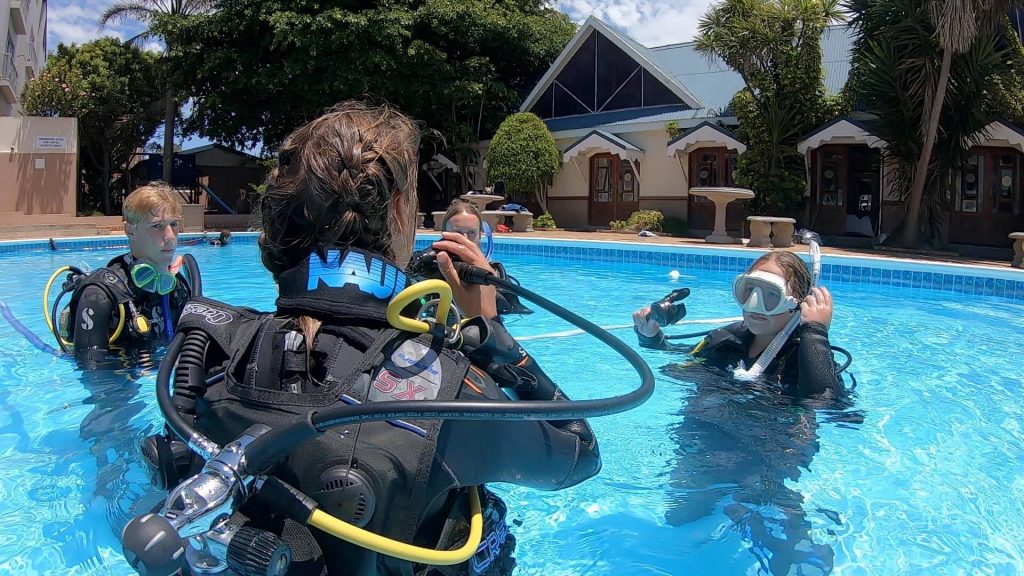
What to expect on your Snorkel for Science trip at Cape RADD:
- Participation on a fish and shark ID survey led by Cape RADD marine biologists
- Learn about the Marine Protected Area and how to identify fish and sharks
- Learn how to collect data using a data slate and/or camera
- Observe behaviour and fish presence around Cape Fur Seals (seal snorkel)
What to expect from your experience at GoDive Mossel Bay:
- Open Water and Advanced Open Water Scuba courses (if not already certified)
- Participation on research projects:
- Nudibranch surveys
- Baited Remote Underwater Videos (BRUVs)
- Great White Shark cage diving
- Penguin and seabird rehabilitation with SAPREC
- Feed the penguins
- Help clean enclosures
- Assist with any other necessary work
- Conservation projects with Keep Fin Alive
- Clean Ocean Divers workshop (with certificate)
- Coastal clean ups
- Community outreach
What you can expect to learn and experience while in Zavora, Mozambique:
- Comprehensive knowledge on sharks, rays, fish, and invertebrates
- Proper protocol and photo-identification of megafauna, including:
- Manta Rays
- Leopard Sharks
- Wedgefish and guitarfish
- Whale sharks
- Turtles
- Whale watching and humpback whale fluke ID (June-October)
- Nudibranch identification and species cataloging
- Turtle patrolling and monitoring during nesting season (March-November)
- Participation in community activities including:
- Public talks
- Beach clean-ups
- Underwater clean-ups
